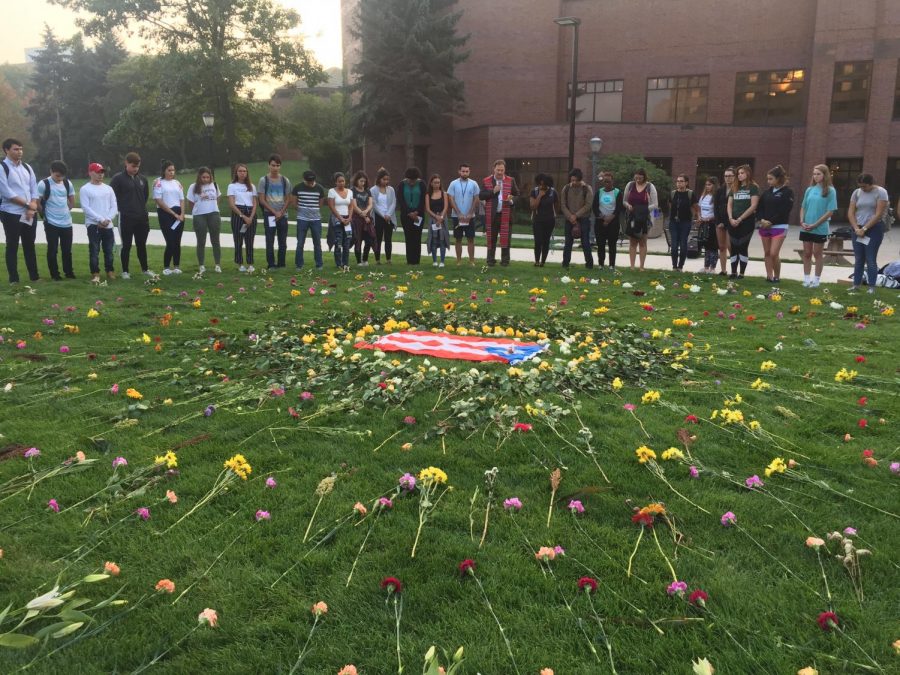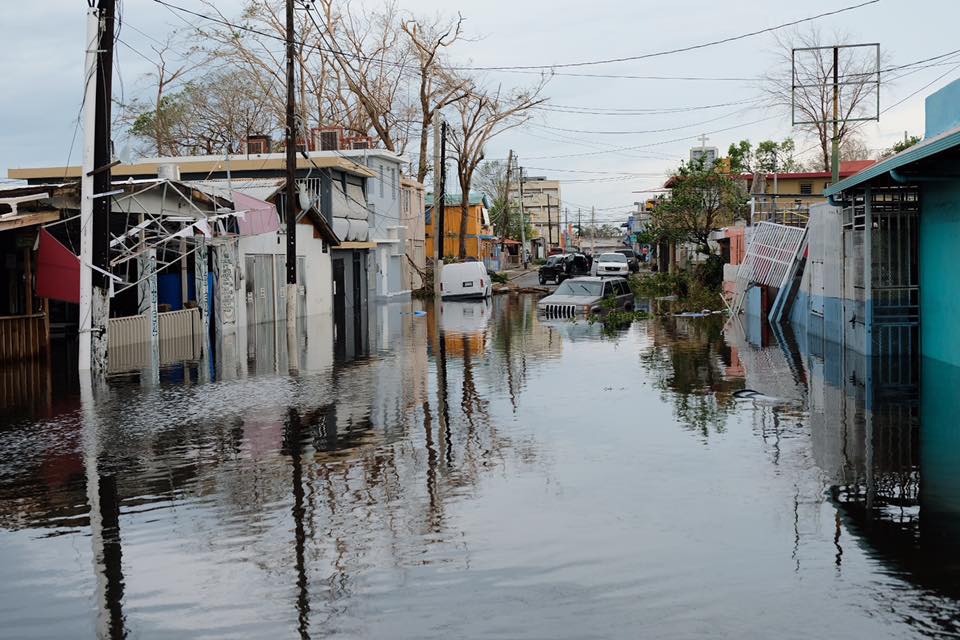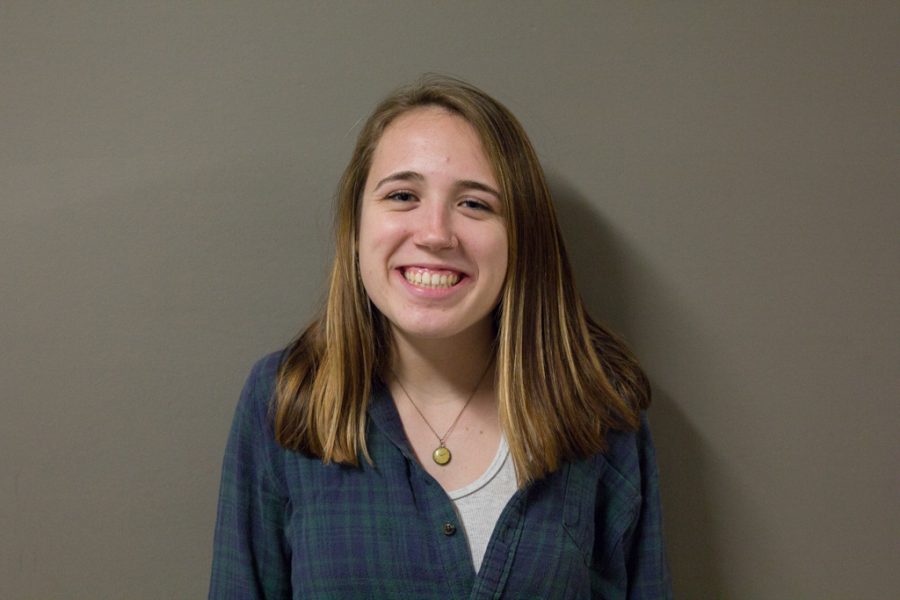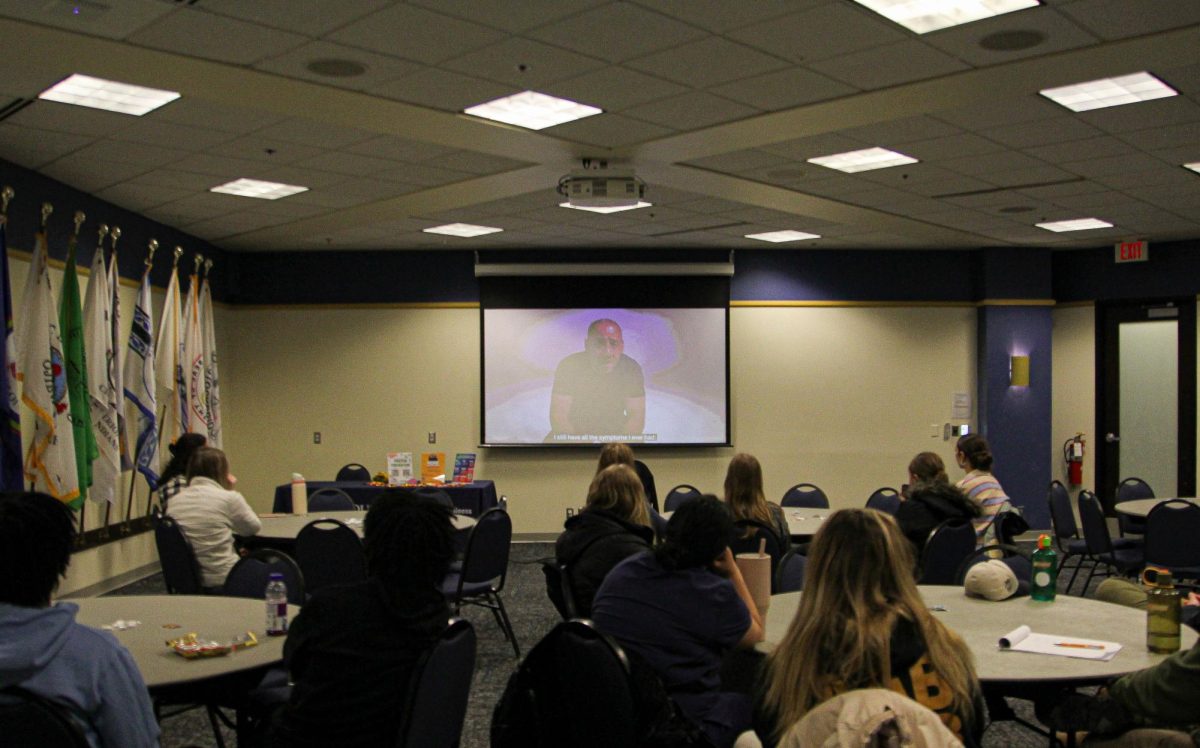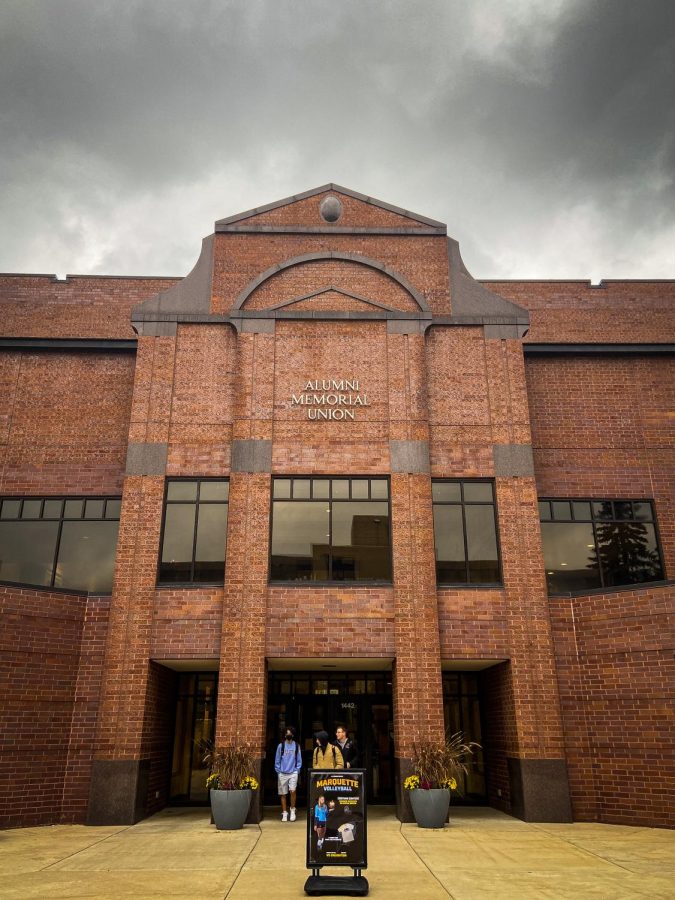It’s freshman year. Ali De Luca steps onto Marquette’s campus with two suitcases full of summer clothes.
From Puerto Rico, she doesn’t have many warm clothes to wear past October. Instead of partaking in orientation activities with the rest of her class, she goes shopping with her mom.
With her absence at orientation on top of roommate problems starting her second semester, she says the situation stresses her out and causes her to be anxious.
“When I started experiencing bad roommate issues, I felt like I was trapped, and I didn’t have anywhere to go. But I did reach out and make the best of the situation that I could,” De Luca, now a senior in the College of Communication, says.
College students report feeling anxiety and depression, according to the American Psychological Association, with 43.6% anxious and 36.4% depressed.
De Luca says she talked to her resident assistant and hall director to let them know she was struggling with her mental health.
“You’re not alone. Whether you know it or not, people are so good at putting a mask on and hiding what they’re actually going through, but the first step is saying you want to talk or you need help,” De Luca says.
De Luca says there are many resources for people who are struggling with their mental health on Marquette’s campus, such as the counseling center, and other professors and professionals who are willing to help. However, there are also resources in Milwaukee.
Wraparound Milwaukee is a program that helps children and teenagers around the Milwaukee area who suffer from mental illnesses.
Steven Dyksta, a psychologist at Wraparound Milwaukee, says they offer a program specifically toward college-aged students called O-Yeah.
O-Yeah is designed to provide support in managing the stress of life, school, work or family, and increase health and well-being in their transition to adulthood, according to its website.
Dyksta says Wraparound is available to all college students who need help with mental health. They also offer specialized programs to assist with serious challenges for students who have severe cases of mental illness. Dyksta says it is important to reach out to people who seem like they are struggling.
“If you’re worried about someone, a friend, a roommate, a family member, an acquaintance, find a way to approach them and say, ‘I’m worried about you.’ … Share it with them in a really personal way, as a way to open a door to conversation,” Dyksta says.
Maeve LeFevour, a sophomore in the College of Communication, visited the Counseling Center on campus during the second semester of her freshman year. She says she struggled with anxiety in the past and visited the center when her schedule got hectic.
“It was helpful because (her counselor) was someone I could talk to. The one hour that I had that was free, I would go and talk to her,” LeFevour says.
LeFevour says the Counseling Center helped her realize the differences she had in her life and why certain things were happening.
“I can truly say that I found a home at Marquette, and I think it’s something about this school. I feel like I talk to so many alums and other friends, and there’s just something different about Marquette. People love this place,” De Luca says.



